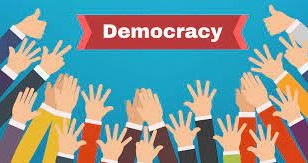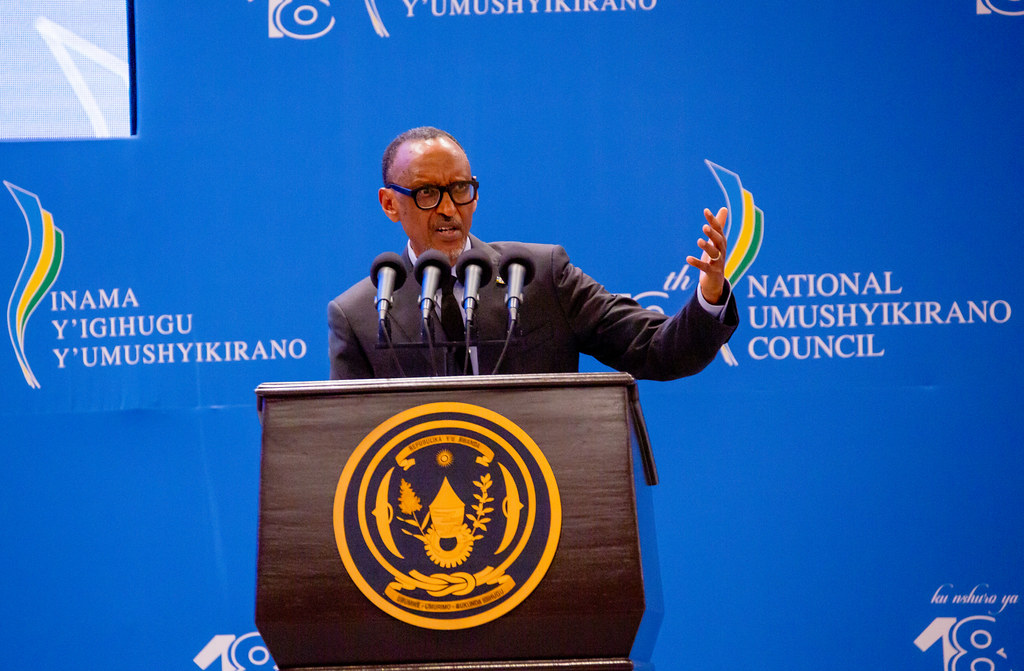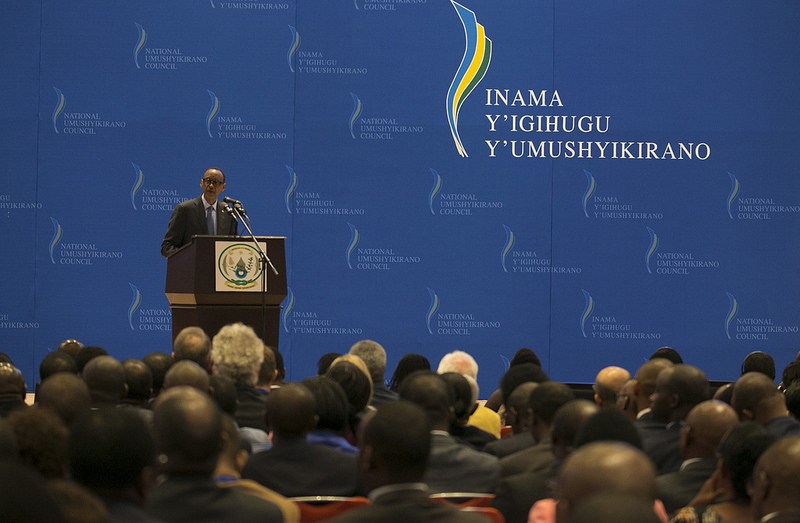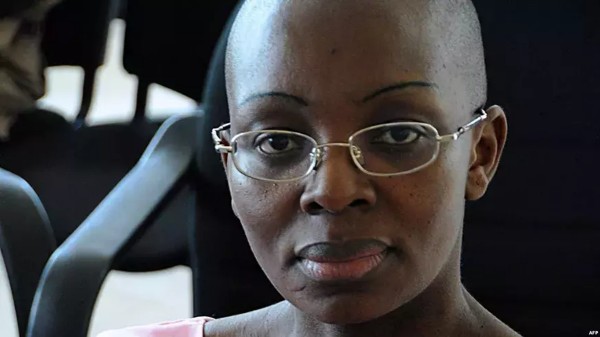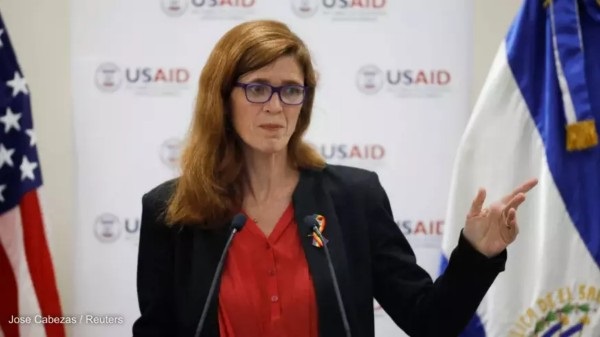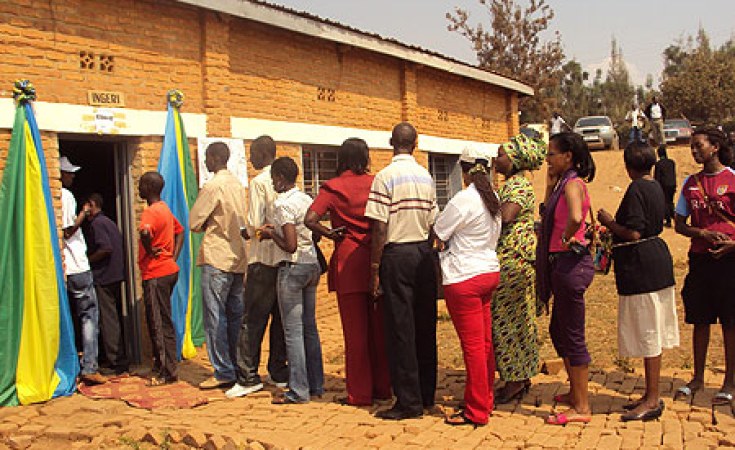Regional
Why Rwandans apply a unique mode of democracy
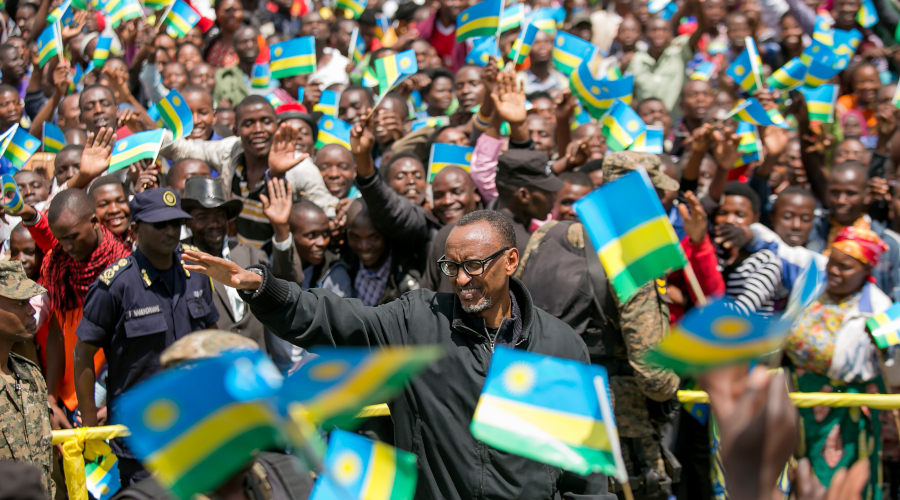
President Kagame is greeted by thousands of residents of Musanze and Nyabihu districts on arrival at University of Rwanda’s Busogo Campus, in May 2019.
On
July 15, Rwandans will partake in general elections, voting their next
President and members of Parliament.
Prior
to the elections, campaigns will be underway across the country, from June 22.
As observed previously, these elections will be peaceful, simply because it is
a choice Rwandans have made. Having been subjected to political bankruptcy for
decades, which resulted in the 1994 Genocide against the Tutsi, Rwandans
decided to adopt a unique mode of consensual democracy, rather than
confrontational.
Rwanda
remains the only country in the region with such a type of democracy. This
doesn’t mean political players have to agree on everything; they do indeed
disagree. However, there is a minimum threshold on which all political players
must agree, and that is the unity and security of Rwandans and the fight
against genocide ideology, among other issues.
The
threshold for agreement is based solely on what is of national benefit and
benefits Rwandans. This is why Rwanda’s elections are never marred by violence
and chaos. Beyond the elections, political players are inclined to gather under
the National Consultative Forum of Political Organizations (NFPO). The Forum is
a platform for national political dialogue, consensus-building, and national
cohesion.
The
idea of promoting permanent consultative mechanisms among political forces is,
in fact, contained in the very spirit of the Arusha Peace Accord, with the
objective of founding the power-sharing system on the principles of the
supremacy of national interests and the rule of law.
Another
imperative spelled out by the January 9, 1993 Protocol on power sharing was to
provide political education to members of political organizations for a common
struggle against all forms of violence and political exclusion.
All of
these principles, which guided the establishment of the Forum in 1994 after the
genocide to serve as a consultative framework among political organizations in
the composition and management of transitional institutions, were confirmed by
the Constitutional Referendum of May 26, 2003.
The
model advocated dialogue and consultation as a way of carrying out political
action and promoting multiparty democracy in Rwanda. The Forum works as a
platform where political parties recognized in Rwanda meet and discuss the
country’s problems and national policies, with the purpose of consensus
building and national cohesion. It is a permanent framework for capacity
building for member political organizations in the development of political
activities and political service provision.
It is
also a framework for conflict mediation between political parties and for the
promotion of the code of conduct that should characterize political leadership
in Rwanda.
Such a
democratic system has yielded results, including the provision of social
protection support, such as cows, to vulnerable Rwandans through the
one-cow-per-poor family program – Girinka, regardless of the political party to
which they belong.
The
achievements made are laudable and should be safeguarded, commending the role
of the ruling party, Rwandan Patriotic Front (RPF-Inkotanyi), in nation
building.
If RPF
was eager for leadership, all the leadership positions should have been covered
by RPF members, because the party through its former armed wing, RPA, had won
the battle in the liberation struggle that stopped the 1994 Genocide against
the Tutsi.
Power
sharing after winning a battle is rare worldwide.
The RPF’s deed symbolizes dedication to patriotism.
In
Rwanda, power sharing is respected in state institutions in accordance with the
fundamental principles set out by the Constitution and the provisions of other
laws.
The
Head of State and the Speaker of Parliament cannot belong to the same political
party, as provided for by the Constitution. This provision ensures the checks
and balances principle in Rwanda’s governance. It stipulates that cabinet
members are selected from political parties based on seats held by those
political organizations in the Parliament.
However,
a political party holding the most seats in Parliament cannot have more than 50
per cent of cabinet members.
Foreigners
may perceive democracy in Africa under an unfavorable perspective, where they
think that a political party is active when it is violent, such as protesting
by burning tires in the streets, destroying infrastructure, or killing people,
which is a wrong choice.
Each
country has its uniqueness, and so should its governance. Rwanda opted for a
choice that involves everyone in the country’s growth through dialogue and
searching for common ground and seeking a solution through consensus.
As a
case in point, although members of parliament originate from different
political parties, they are representatives of all Rwandans; with their work
converging towards considering what can benefit them and build the country,
without political party-based discriminations.
Different
from the past when political parties were implicated in destroying the unity of
Rwandans, which contributed to the 1994 genocide against Tutsi, in which over
one million people were killed, political parties now comply with relevant laws
and place consensus and tolerance first, at the same time striving for the
unity of Rwandans.
During
the National Prayer Breakfast held on January 14, President Paul Kagame said
the responsibility for the growth, development, stability and the choices
Rwanda make is solely in the hands of Rwandans and not in any foreign actor’s
hands.
Regarding
Rwanda’s history, Rwandans will always unapologetically apply consensual
politics as a unique mode of democracy that has driven the country peacefully,
and productively, for the past three decades.


.jpeg-20221214055432000000.jpeg)
